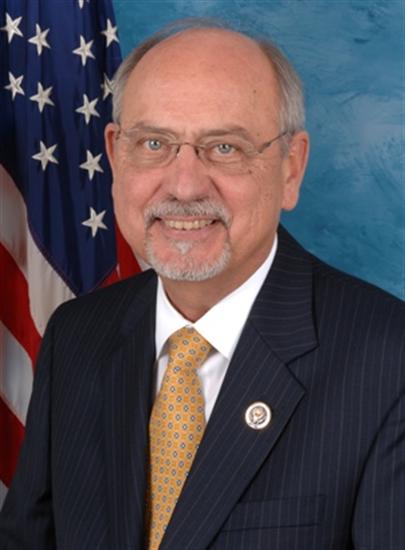Blog
Answers Needed Before Another Star is Added to U.S. Flag
WASHINGTON, D.C.,
April 23, 2010
|
Ranking Republican Doc Hastings (R-WA)
If that sounds unnecessarily confusing, it’s because it is. And there are numerous questions about the implications of this bill that no one is talking about. For example: Could this bill create a path towards statehood? Absolutely. Statehood is the goal of the bill’s backers. It is said the results of the vote is nonbinding, but should the statehood option be declared the winner, it could be used to press Congress to act as soon as next year on a vote to make Puerto Rico the 51st state. This is troubling since the winner just needs to receive the most votes, not the majority (ie, Statehood could “win” with 34% of the vote.) Shouldn’t a strong majority of people support statehood before admission is considered – as was the case with both Hawaii and Alaska? Would Puerto Rico statehood mean they would get seats in Congress? Puerto Rico has a population of four million people – as a state, they would receive two U.S. Senators and 6-7 House seats. But as long as there is 435 seat maximum in the House, if Puerto Rico receives 6 seats then other states expecting to gain a seat after the 2010 census would lose representation. If both Spanish and English are the official language of Puerto Rico, how would that work if it became a state? When the House considered a similar bill in 1998, a vote on the issue of English as the official language was allowed, but it’s unknown whether current House Democrat leaders will allow a similar vote this time. Would a new state add costs to the federal government? A new state would come with significant costs – spending that would measure in the billions of dollar a year. Shouldn’t the people of Puerto Rico be allowed to vote to express their views on their future political status? I’m very sympathetic to allowing the people of Puerto Rico to express their views – yet they are free to hold such a vote anytime they choose to conduct one. If a Congressionally-sanctioned vote is going to be held, it must come with an open, thorough understanding of what independence or statehood would mean to Puerto Rico and the existing 50 states. This approach of voting first and answering questions later is exactly backwards. Furthermore, it makes no sense that H.R. 2499 allows not just residents of Puerto Rico to vote, but extends voting privileges to anyone in the other 50 states who was born in Puerto Rico. Why should someone who has lived and voted for decades in Alabama or Wyoming be given special status over their neighbors to vote on whether Puerto Rico becomes a state? The bottom line is that there are many questions that have not been answered, and there are a great many implications that aren’t being considered or even discussed. Congress owes it to the citizens of the 50 states and to the people of Puerto Rico to have a full, open debate and resolve these questions before voting on this bill. If this doesn’t happen, then Representatives should vote NO. Cross-posted at RedState. |
Newsletter Sign Up
Sign up to receive news, updates and insights directly to your inbox.

